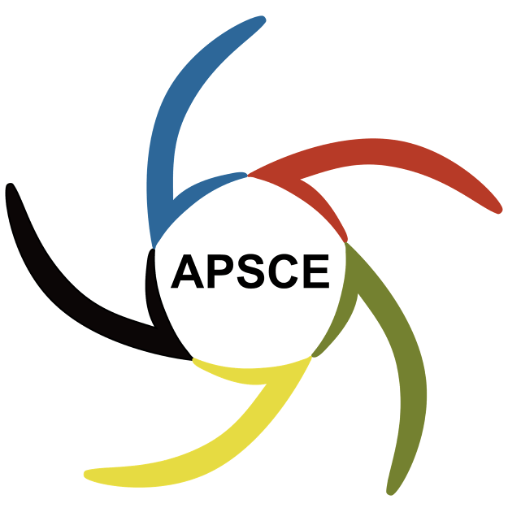

[Link youtube: https://www.youtube.com/live/FL0VPPd7TeA]
Speaker: Assoc. Prof. Linda Mannila (University of Helsinki, Finland)
Moderator: Prof. Ting-Chia HSU (National Taiwan Normal University, Taiwan),
Prof. Daner Sun (Educational University of Hong Kong)
Curated by: APSCE Computational Thinking in Education / STEM (CTE/STEM) SIG
Date: 5 May 2025 (Monday)
Time: 10:00-11:00 (UTC+3)
Register before 3 May 2025:
https://us06web.zoom.us/webinar/register/WN_FbsfT-CiSEyYOZW2ECTGaw
Abstract:
As artificial intelligence (AI) becomes a natural part of young people’s daily lives, schools have an increasingly important role in helping students both understand and critically engage with this powerful technology. AI literacy is emerging as a key competence, not just in terms of knowing how to use AI tools, but also in understanding how they work, how they influence our decisions and interactions, and what ethical questions they raise.
This webinar explores how K–12 education can address AI literacy from two complementary perspectives: learning about AI to build students’ conceptual and critical understanding, and learning with AI by meaningfully integrating AI-based tools into teaching and learning. Drawing on recent experiences from Finland, the session shares a four-stage process of co-creating AI lesson plans in collaboration with students, teachers, and teacher educators. It also highlights broader reflections on what AI literacy can mean for different age groups and educational contexts, and how it can support informed, responsible, and empowered engagement with AI.
Biodata:
Linda Mannila is Associate professor at the Department of Computer Science, University of Helsinki, Finland, leading a research group on AI in Society and Education. She is also Visiting Associate Professor in CS education at Linköping University, Sweden. Her research focuses on how we can better understand, teach, and shape the role of technology in society.
Current projects focus on exploring AI literacy at K-12 level and among non-experts as well as the impact of LLMs in educational contexts. She also leads NordicEdAI, a cross-Nordic network addressing questions related to AI in education.
